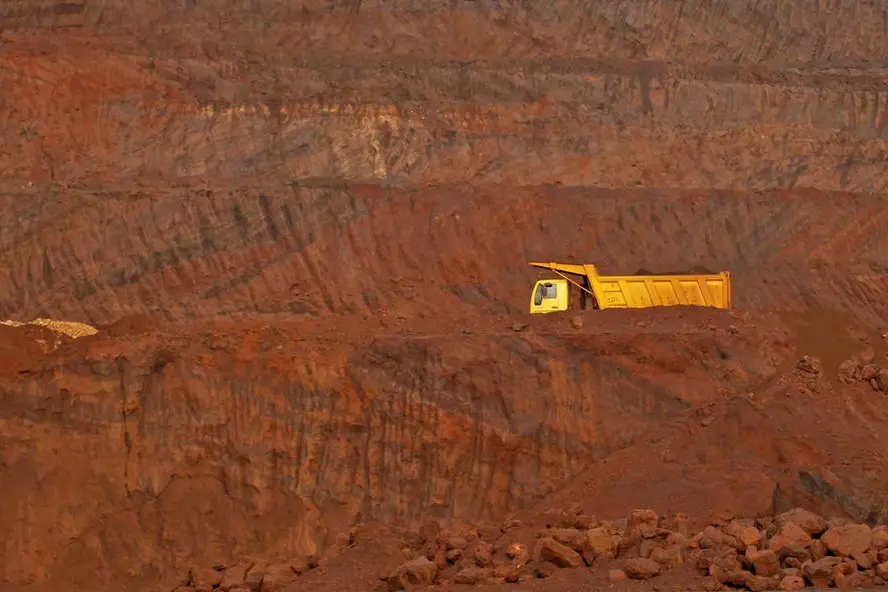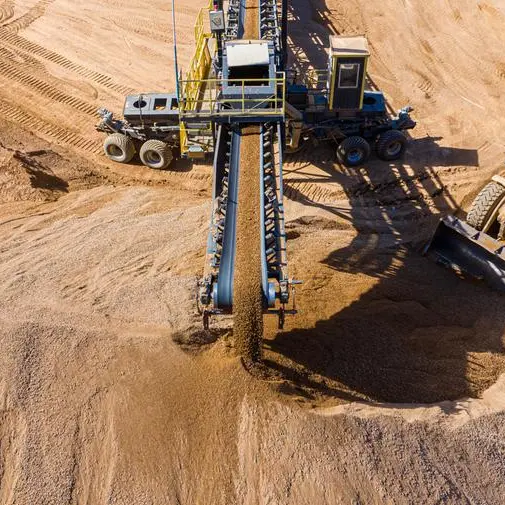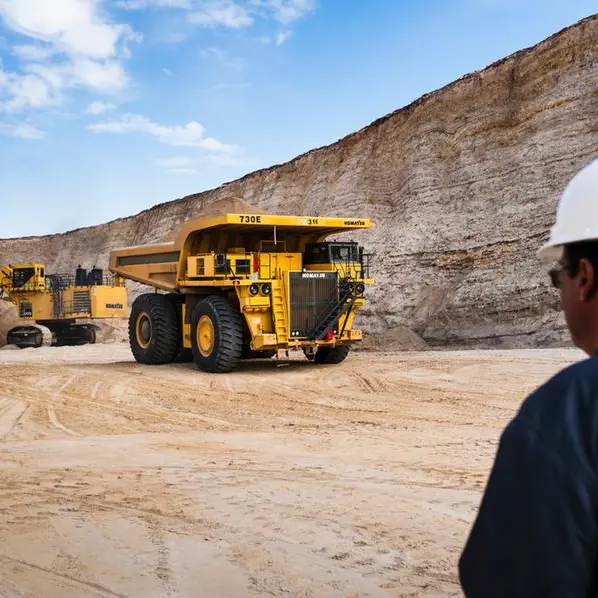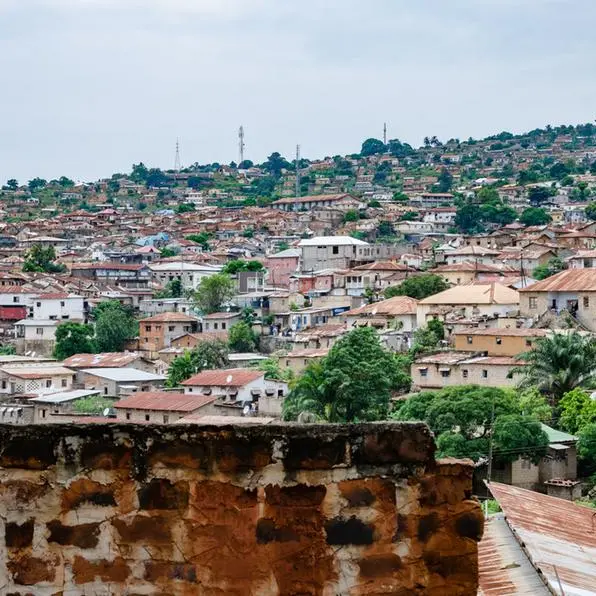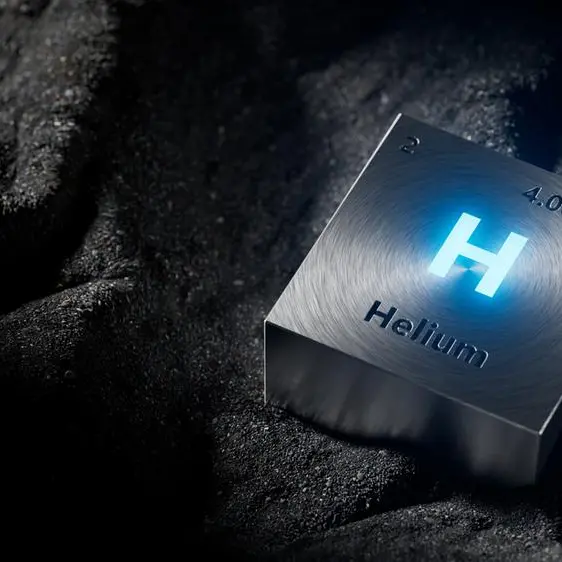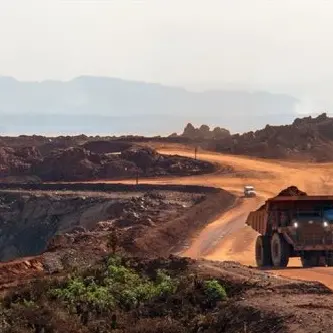PHOTO
Algeria's President Abdelmadjid Tebboune has urged for the fast-tracking of three key mining projects aimed at bolstering the country’s economy beyond oil and gas exports.
During a Cabinet meeting on Sunday, Tebboune called for the swift completion of the Gara Djebilet iron ore mine, the zinc and lead mine in Valley Amizour, and the phosphate mine in Bilad El Hadba, the state-owned Algeria Press Service (APS) reported.
The Gara Djebilet iron ore mine, located in Tindouf province, Western Algeria, began operations in mid-2022 with an initial production target of 2-3 million tonnes per year. Boasting an estimated 3.5 billion tonnes of reserves, it ranks among the largest iron ore deposits globally. By 2026, production is expected to reach 40-50 million tonnes annually, following the completion of a 950km railway line connecting Gara Djebilet to Béchar. The railway is currently under construction by China Railway Construction Corporation (CRCC).
In December 2023, President Tebboune laid the foundation stone for a primary iron ore processing plant at the Gara Djebilet site.
The phosphate project in Bilad El Hadba, located in Tebessa, is projected to produce over 6 million tonnes of phosphate annually. A railway line currently under construction will link the mine to the mining network, enabling the transport of over 10 million tonnes of phosphate each year. The project is expected to generate $2 billion in annual revenues and create approximately 14,000 jobs.
The zinc and lead mine in Valley Amizour, Bejaia, with estimated reserves of 34 million tonnes, is projected to produce 170,000 tonnes of zinc concentrate annually. Launched in November 2023, the project spans 23.4 hectares and is expected to generate $215 million in revenues, while creating nearly 5,000 jobs, both direct and indirect.
(Writing by Majda Muhsen; Editing by Anoop Menon)
Subscribe to our Projects' PULSE newsletter that brings you trustworthy news, updates and insights on project activities, developments, and partnerships across sectors in the Middle East and Africa.
